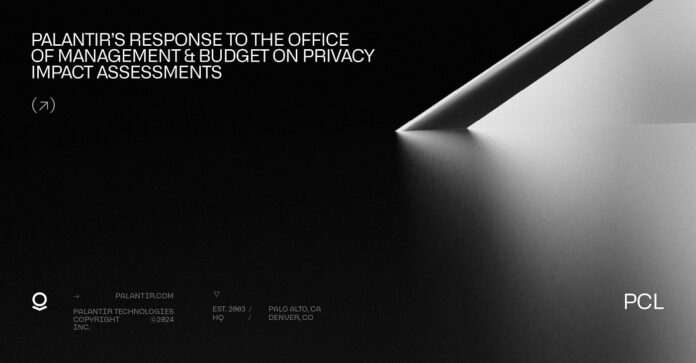The phrase “Trump Taps Palantir to Create Master Database on Every American” has become a flashpoint in the national debate over privacy, technology, and government power. As of May 30, 2025, the Trump administration’s partnership with Palantir Technologies is no longer just speculation—it’s a rapidly advancing reality. Recent executive actions and a surge in federal contracts have positioned Palantir at the center of a sweeping initiative to consolidate and analyze data on American citizens at an unprecedented scale.
The Executive Directive: Palantir’s Expanding Federal Role
In March 2025, President Trump signed an executive directive that ordered all federal agencies to enhance data sharing. This move, while couched in the language of efficiency and security, has sparked widespread concern about the creation of a comprehensive registry of personal information—a so-called “master database” on every American.
Behind the scenes, the Trump administration has systematically laid the technological groundwork for this vision. Palantir, a Silicon Valley powerhouse in data analytics, has emerged as the primary architect. In just the past few months, Palantir has secured over $113 million in federal contracts, not counting a recent $795 million award from the Department of Defense. The company’s signature product, Foundry, is now being deployed across at least four major federal agencies, including the Department of Homeland Security and the Department of Health and Human Services.
Palantir’s Technology: The Engine of Data Integration
Palantir’s software is uniquely suited for this kind of massive data integration. Foundry can ingest, organize, and analyze enormous volumes of structured and unstructured data—everything from spreadsheets and emails to social media posts and medical records. The system’s power lies in its ability to merge disparate data sources into a single, searchable platform, allowing government analysts to construct detailed profiles of individuals with just a few clicks.
Recent negotiations have extended Palantir’s reach even further. The company is in talks with the Social Security Administration and the Internal Revenue Service, aiming to bring their vast stores of personal and financial data into the fold. If successful, this would give the administration access to everything from bank account details and student loan balances to medical claims and disability statuses.
The Master Database: Scope and Implications
The ambition behind “Trump Taps Palantir to Create Master Database on Every American” is not theoretical. The administration’s actions point to a deliberate effort to centralize information on millions of U.S. residents. The widespread adoption of Palantir’s technology could enable seamless integration of data from across the federal government, giving officials the ability to access comprehensive profiles on virtually anyone in the country.
This initiative has alarmed privacy advocates and even some within Palantir itself. Employees have reportedly expressed concerns about the ethical implications of building such an all-encompassing surveillance tool. Critics warn that the creation of a master database could erode constitutional protections and pave the way for unprecedented government overreach.
Key Features of Palantir’s Federal Expansion
- Rapid contract growth: Over $113 million in new federal contracts since Trump took office, plus a $795 million Department of Defense deal.
- Agency integration: Palantir’s Foundry platform is now operational in at least four major agencies, with more in negotiation.
- Data scope: Potential access to financial, medical, and social data on nearly every American.
- Employee concerns: Internal debates over the ethical and reputational risks of enabling such comprehensive surveillance.
Political and Social Reactions
The news that “Trump Taps Palantir to Create Master Database on Every American” has triggered a fierce political backlash. Lawmakers, civil liberties groups, and technology experts are calling for transparency and oversight. Some warn that this level of data centralization could be weaponized for political or law enforcement purposes, blurring the line between security and surveillance.
Palantir’s close ties to influential figures like Peter Thiel and Elon Musk have only intensified scrutiny. Critics argue that these relationships have helped the company win contracts with minimal oversight, raising questions about accountability and the potential for abuse.
What’s Next for Palantir and American Privacy?
As Palantir’s technology becomes more deeply embedded in the federal government, the debate over privacy, civil liberties, and the role of big data in public life is reaching a new crescendo. The coming months will likely see congressional hearings, legal challenges, and continued public outcry as the full implications of this initiative become clearer.
For now, the phrase “Trump Taps Palantir to Create Master Database on Every American” stands as both a headline and a warning—a signal that the intersection of technology and government power is entering uncharted territory.
Stay informed, demand transparency, and make your voice heard in the ongoing debate over privacy and surveillance in America.
